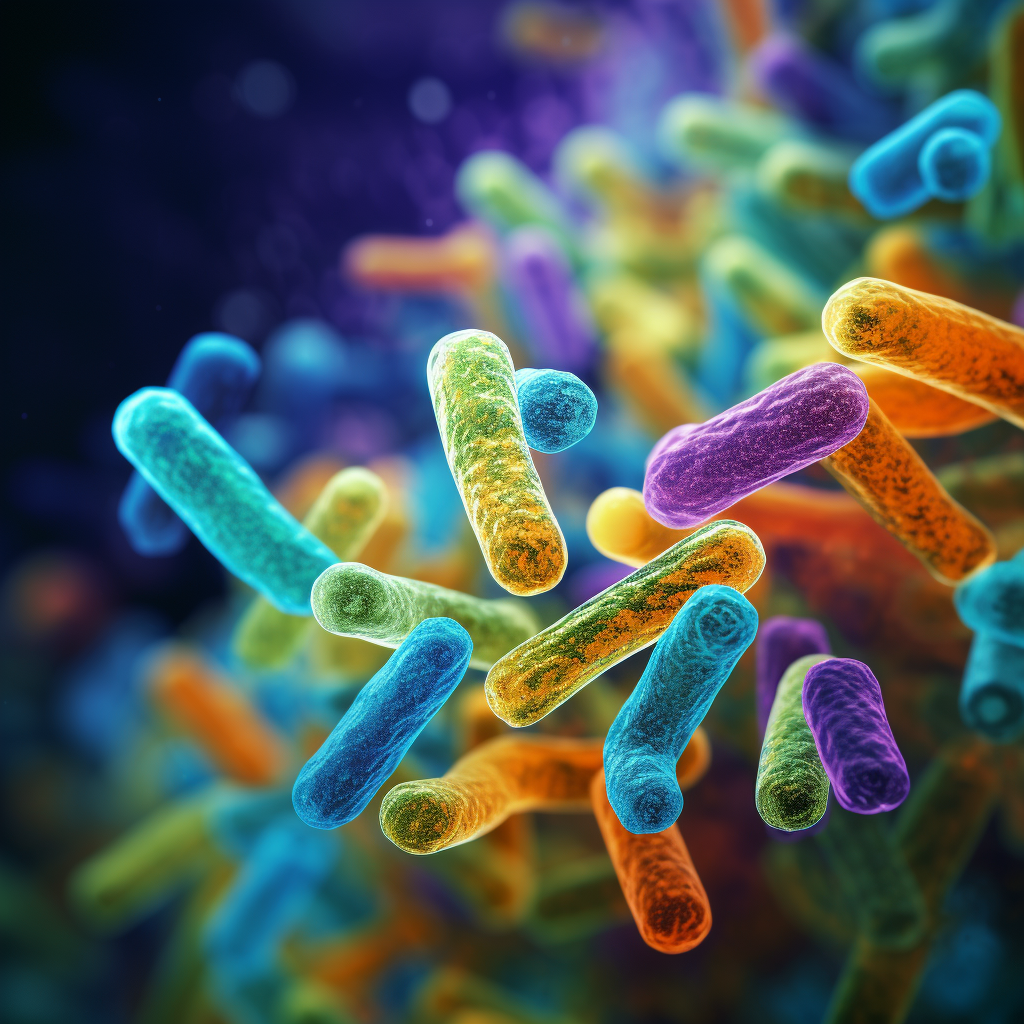
Redefining Science Education
Out With The New, In With The Old
Throughout most of human history workers were trained on the job. To be a hospital laboratory technician in the 1960’s you barely needed a high school diploma. Today, the same role requires at least 6 years of post secondary education, and there is very little opportunity for upward career growth without a PhD.
For the average person this means spending more years either accruing debt, or surviving as an underpaid graduate student, before finally entering the workforce. For society however, the impacts of this trend have had much more worrisome impacts.
Since the 1900’s the average time required for a scientist to conduct the research that would win them a Nobel prize has been steadily increasing. Overall, scientists are starting their careers later, conducting less research overall, and the nature of that research is less innovative. This, coupled broken academic incentive structures, has lead to a decrease in the percentage of disruptive research (research that renders previous research obsolete) in comparison to consolidative research (research that builds on pre-existing research).
Our modern education systems are broken. With an emphasis on rote memorization, the majority of biology courses are taught in a manner that is obsolete in the age of the internet. The amount of practical time students spend in the lab each week is also limited. Undergraduate students primarily conduct research experiments that have been highly optimized for success, and the rest of their time is spent memorizing facts that they will never need to know depending on their field of specialization.
Bring Back the Apprentice
Bring Back the Apprentice
At the Biopunk Society we’re bringing back the old school apprenticeship system, a better system of educating people in the tradescraft that is biological sciences. Applicants are partnered with creative scientific projects and mentors that guide their educational path to learn specific skills that are needed to accomplish future project-based work. This enables aspiring scientists to gain credentials as they gain certified skills like PCR, bioinformatics, chemical analysis and more. The skills developed during this process are organized like a role-playing game, with the individual as the hero in their own journey to learning the tools of scientific inquiry. Upon graduating an apprenticeship, one is better-equipped to pursue their own projects on the journey to becoming a fully-fledged scientist.
A New System
Our team is designing a new system for training researchers out side of the current University and Collage system. As part of our community lab new researchers would have the opportunity to apprentice under senior researchers to learn the fundamentals of research and laboratory techniques. Self guided teaching resources and optional classes/lectures would also be provided for researchers to learn about different topics such as molecular biology, microbiology, and genetics. Researcher would move through the following rank system as they progressed in their studies:
Novice
Novices are new to scientific or biological research. They conduct research under the direct supervision of either a Fellow or a Master to learn the basics of research and lab technique fundamentals.
Apprentice
Apprentices have demonstrated an understanding of the fundamentals of research and lab techniques. They are allowed to conduct research without direct supervision in the lab. Apprentices assist with their mentor’s research and are also allowed to conduct their own research projects with the supervision of their mentor.
Fellow
Fellows have demonstrated a thorough understanding of the skills required to design and conduct research experiments. They are allowed to conduct their own research and supervise Novices and Apprentices. Fellows are paired with a Master who they meet with regularly for guidance.
Master
Masters have deep understanding of research, experimental design, and laboratory techniques. They are allowed to mentor Novices, Apprentices, and Fellows. They conduct their own research and have the ability to assign new ranks.
Timeline
Q4 2023
Q1 2024
Outreach to build a network of interested people
Community lab opens
Begin pairing novices and apprentices with mentors
Begin publishing self guided learning resources
Q2 2024
6 month program review
Begin running classes and workshops
Q3 2024
9 month program review
Q4 2024
12 month program review
Example Material Learned by Students
Lab skills
Aseptic technique
Molecular cloning
Bacterial culturing
DNA sequencing
3-D printing
Protein expression and purification
Protocol development
Experimental design
Self Guided Learning
Genetics
Microbiology
Molecular and Cellular Biology
Programing (Python)
Statistics
Chemistry
Biochemistry

Want to sign up?
Contact our team at info@biopunksociety.com


